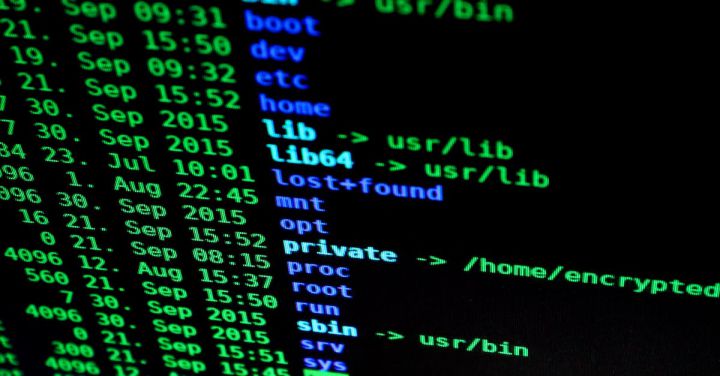Can Ai Help to Predict and Prevent Cyber Attacks?
In today’s digital age, cyber attacks have become an increasingly prevalent threat to individuals, businesses, and governments. As technology continues to evolve, so do the methods used by hackers and cyber criminals. The question then arises: can artificial intelligence (AI) help to predict and prevent these cyber attacks?
Understanding the Role of AI in Cybersecurity
AI refers to the development of computer systems that are capable of performing tasks that would typically require human intelligence, such as problem-solving, learning, and decision-making. In the realm of cybersecurity, AI has the potential to revolutionize the way we identify and respond to cyber threats.
Utilizing Machine Learning for Threat Detection
One of the key applications of AI in cybersecurity is the use of machine learning algorithms to detect and analyze potential threats. Machine learning involves training AI systems on large datasets to recognize patterns and make predictions based on that data. By analyzing vast amounts of information, AI algorithms can identify anomalies and indicators of cyber attacks that may go unnoticed by human analysts.
Enhancing Incident Response with AI
Another way AI can aid in the battle against cyber attacks is through its ability to enhance incident response. Traditional incident response methods often involve manually investigating and analyzing security incidents, which can be time-consuming and prone to human error. With AI, however, the process can be automated, allowing for quicker and more accurate incident detection, analysis, and response.
AI-powered systems can continuously monitor network traffic, detect suspicious activity, and respond in real-time to prevent or mitigate potential cyber attacks. By leveraging AI, organizations can significantly reduce their response time, minimizing the impact of an attack and preventing further damage.
Addressing the Limitations of AI in Cybersecurity
While AI shows great promise in helping to predict and prevent cyber attacks, it is not without its limitations. AI systems are only as effective as the data they are trained on, and if that data is biased or incomplete, it can lead to inaccurate predictions and responses.
Additionally, AI systems can be vulnerable to attacks themselves. Hackers can manipulate AI algorithms or exploit vulnerabilities in the underlying infrastructure to deceive or bypass AI-powered security systems. Therefore, it is essential to implement robust security measures to protect AI systems from external threats.
The Future of AI in Cybersecurity
As cyber threats continue to evolve, the need for advanced technologies like AI in cybersecurity becomes even more critical. AI has the potential to revolutionize the way we detect, prevent, and respond to cyber attacks, ultimately making our digital world a safer place.
In the future, we can expect to see AI-powered systems become more intelligent and sophisticated, continually learning from new data and adapting to emerging threats. This will enable organizations to stay one step ahead of cyber criminals, minimizing the impact and cost of cyber attacks.
Conclusion: AI as a Valuable Tool in Cybersecurity
While AI is not a silver bullet for preventing all cyber attacks, it is undeniably a valuable tool in the fight against cybercrime. By leveraging machine learning and automation, AI can help to predict and prevent cyber attacks, enhancing incident response and minimizing the impact of security breaches.
However, it is important to recognize that AI is not a standalone solution. It should be used in conjunction with other cybersecurity measures, such as employee training, regular system updates, and strong encryption protocols. By adopting a multi-layered approach to cybersecurity, organizations can maximize their defense against cyber attacks and protect their valuable assets.






